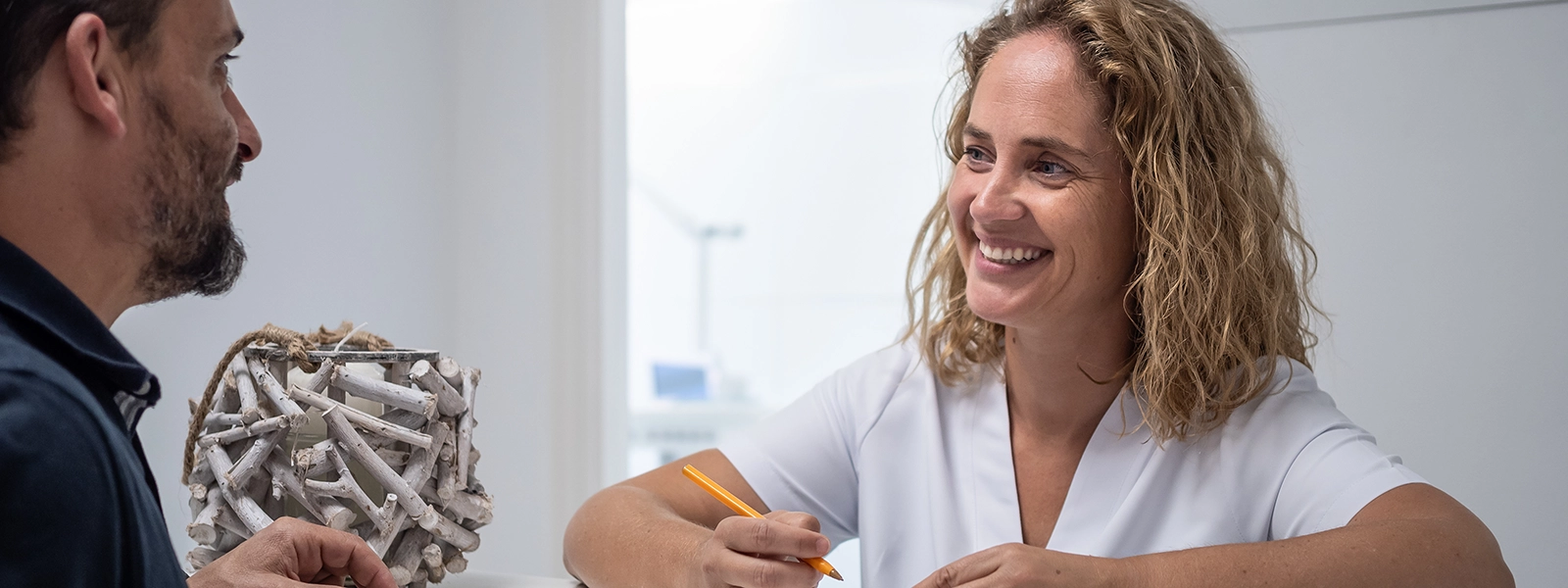Categories
Archives
Search
Subscribe to Our Monthly Digest
Category: Leadership

9 free things we can do to solidify our career
Several years ago, I worked with someone who displayed one of the best collections of interpersonal skills traits I can recall. Her name was Jane, and once she made a statement I will never forget. She said, “I’ve worked for five different companies in the last 20 years and I have not moved from this chair.” You see, Jane’s company had been merged or acquired 5 times, and each time the new company insisted Jane remained. She was a receptionist – the first and last impression of her company. Why was she so popular? I think I know. Here are some of the traits I observed in her over the years:
Positive: When we complain, we are a burden. If we down-mouth others, we lose respect. Jane exhibited rule #1: Be a person others want to be around.
Show genuine interest: She knew and remembered birthdays, sporting events, anniversaries, and vacations. She was sincere and got others talking about their favorite subject – themselves.
Politics: She avoided this category, and I suspect she also avoided rattlesnakes!
Appreciation: She always remembered to say thank you.
Remembering names: She gave full effort to learning and remembering people’s names. She made others feel special.
Smile: She had an infectious smile, and a perpetual twinkle in her eye. People found her easy to approach.
Listened: She listened to understand.
Eager to help: She was continually looking for ways to help others.
Humble: She was humble. If she made a mistake, she quickly admitted it with no excuses or blame.
There you go. These are some of the main qualities Jane possessed. We can have them too. They are simply habits!

One way to help ensure the strong start of a new hire
If you run a company, one of your biggest challenges could be getting and keeping good people. The stronger team members tend to be humble, eager, and possess good interpersonal skills. If we have someone with these qualities, we want them to be happy in their work and stay with us a long time.
One of smartest things we can to get new hires off to a solid launch on day one is to make them comfortable and glad they chose us. How do we help ensure this happens?
One of the most effective “welcome aboard” gestures I have seen involved an “in the spotlight” interview. Have the new person sit in a chair in front of the whole team and ask them some “get to know you” questions. In Patriick Lencioni’s book “Five Dysfunctions of a Team”, the author suggests asking questions like these:
- What is your home town?
- How many kids were in your family?
- What is one of your interesting childhood hobbies?
- What was your biggest challenge growing up?
- What was your first job?
You may have your own favorite questions. It is all about establishing commonality. I remember one instance where a “welcome aboard” interview helped reveal that the new person had a cabin up north that they went to in the summer. As it turned out, someone on the team also had a cabin not far away. That initiated a whole new friendship!
“Welcome aboard” interviews enable us to talk about our favorite subject – us! In doing so commonality is established, and we automatically feel more comfortable with our new team. Remember the saying, “People who are like each other tend to like each other”

How to deal with a “stinker”
I graduated from college in 1971, and began my career as a manager in the hospitality business. One thing I learned quickly was that to enjoy my work in the hotel business, my team and I needed strong interpersonal skills. If we believe that 1% of the population is not friendly or likeable, that means we would encounter two such people each day if we had 200 guests.
My first test with a carmudgeon involved Mr. Kramer. He would check in very demanding and was quick to complain if he didn’t get fast enough service or special treatment. Before long, my entire staff was upset because of having to deal with Mr. Kramer. He wasn’t cruel or insulting…just a pain in the neck,
.Since Mr. Kramer came often, I knew I needed to find a way to get Mr. Kramer’s behavior to a palatable level. I thought of an idea: Since Mr. Kramer is not friendly, he is probably used to not getting the best service. Why not turn that around?
To begin this effort, I began impersonating Mr. Kramer. (I was pretty good at it!). When a staff member made a mistake or needed re-direction, I would talk to them in Mr. Kramer’s voice. We began to have so much fun with the routine that we all began to truly look forward to Mr Kramer’s next visit. We were excited to talk to the real Mr. Kramer. He wasn’t used to this kind of treatment. He changed his tune, and before long we discovered his sense of humor, and it was a good one.
In addition to making our work environment more enjoyable, Mr. Kramer gave us numerous referrals. He told his friends, “This is the place you want to stay”.
The next time you have to work with someone like Mr. Kramer, remember, like you and I, that person wants to feel important. If make them feel important, you will greatly increase your odds of making things better.

Buffer zones: A vital element in leading change
It was June of 1974, and I began my new job as manager of a hotel in Suburban Chicago. It was exciting and new, and I wanted to get started building a winning team. I soon became aware of a situation that needed to be changed and I knew making the change would not be popular. It dealt with payroll: Paychecks were issued weekly, and we didn’t have a payroll service. I knew we needed to change to bi-weekly, and I realized that if employees had their choice of weekly or bi-weekly, they would choose weekly.
I thought about my options and decided to make an announcement on July 1st that on January 1st we would be going to bi-weekly. This would give the team ample time to make any adjustments as a result of this change.
After I made the announcement, one person came up to me and expressed their disapproval. I empathized with them and mentioned that I was giving a 6-month lead time for each person to adapt. Also, if they found the new policy unacceptable they would have ample time to find a new job. From that point on, there was no further discussion. Soon the concerns had passed, and when we came to January 1st, everything went smoothly.
I can’t help but think of what would have happened if I had announced the change effective immediately. There would have probably been some resentment, and resentment can grow and fester.
Here is my suggestion: If you need to make a change that is disruptive of normal routine, allow sufficient time for processing. You will have more buy-in and less resentment.

Two qualities strong leaders know how to build
35 years ago this month, I walked into a local Chamber of Commerce with the goal of getting situated in an unfamiliar community. Making this visit proved to be a turning point in my life. It was Linda who greeted me first. Then she introduced me to Bob, the director. His welcome smile and genuine interest in me radiated. I eagerly signed up as a new member and walked away feeling like a rock star.
From this point on, Bob became one of my biggest mentors. He was my cheerleader, my advocate, and a strong coach. When I say strong coach, I mean it:
Bob would also not let me sell myself short. One time I was present in an early morning committee meeting. I made a wisecrack comment. Somebody had brought bagels and all of us tied into them. I said, “Nobody knows if people like bagels, because when they are put in front of us, we are usually so hungry we could eat dirt.” In front of the whole group, Bob called me out and said, “You have disappointed us, Steve. We count on you for your kindness and positive attitude. You fell short with that remark.” Ouch! Battleship hit! He was right. Bob had my trust and I knew he was my supporter and would not let me fall short. I grew from his comment. He was giving me a reputation to live up to. If anyone else other that Bob had made that comment, I probably would not have taken it well.
Bob passed away last month at the age of 98. His passing left his town in mourning. There are streets and buildings named after him. He was kind and generous. To me, he was a marvelous leader who made me believe in myself and always use my strengths. The two qualities? Building trust and respect.
